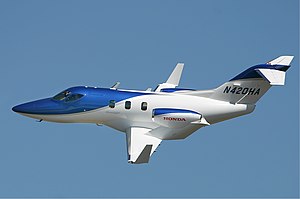Delta Force
Banned
Several European and Japanese aerospace and defense companies have created automotive divisions. BMW is probably the most famous example as the company was forced to end aircraft engine production, but there have been others. In the UK this was done by Vickers, Rolls-Royce, and Bristol; in the Czech Republic by Skoda; in Japan by Mitsubishi, Fuji, Kawasaki; and in Sweden by Saab. This seems to be a rather common practice in Europe and Japan, but has never been replicated in North America. What would it have taken for Avro to have made a literal Avrocar, the Galaxy to have been a Lockheed sports car, or for Pratt & Whitney to have become an American Rolls-Royce?
